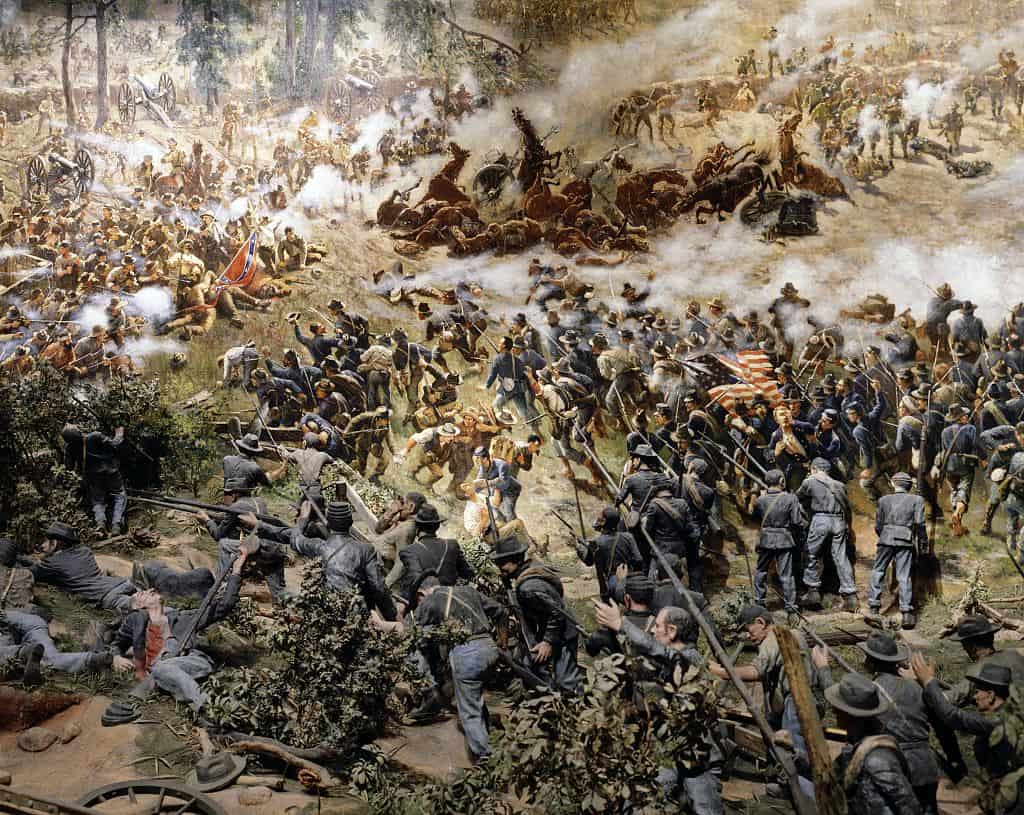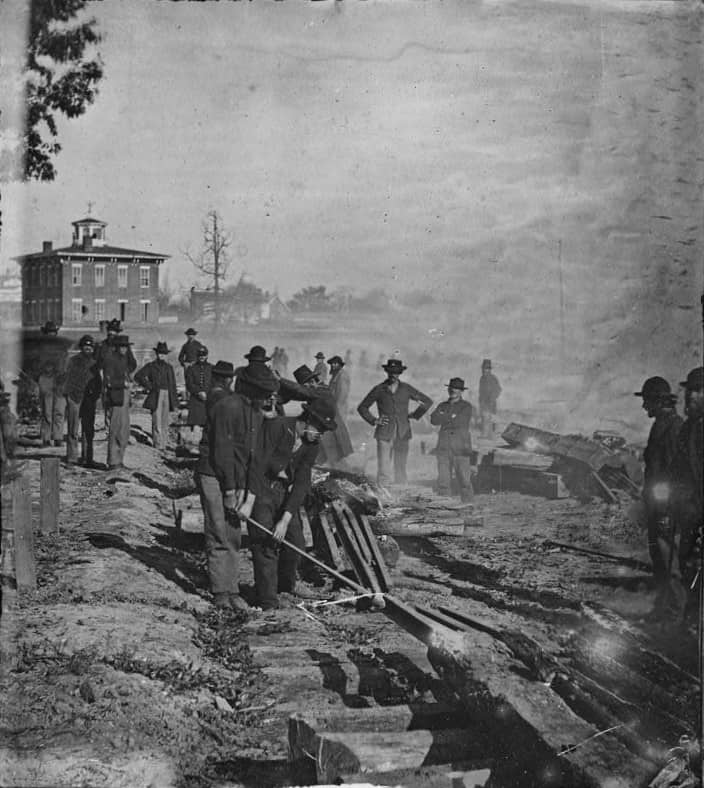William Tecumseh Sherman might have been America’s most influential general when it comes to lasting legacies. War was always horrible, but in the early modern era, there was a belief – or at least hope – that it could be limited to rival armies, with civilians left out of it. Then came the US Civil War and Sherman, who rubbished such notions as naïve in the context of modern warfare. He advocated – and demonstrated the effectiveness – of what he termed “hard war”, which later generations named total war. Below are thirty things about that, and other generals who shaped military history.

ADVERTISEMENT - CONTINUE READING BELOW
30. The American General Who Fathered Modern Total War
On September 2nd, 1864, after a hard-fought summer campaign followed by a hard-fought siege, Union troops led by General William Tecumseh Sherman entered Atlanta, Georgia. The conquest of that key Confederate city, known as “the Gateway to the South”, saved President Abraham Lincoln from what seemed like inevitable defeat in that fall’s election. It ensured the continuation of a federal administration committed to fighting out the Civil War until final victory. Everybody expected that Sherman would garrison the city, then head north to Virginia to help Ulysses S. Grant, who was stalemated against Robert E. Lee’s Army of Northern Virginia. The victor of Atlanta had other plans, though.

ADVERTISEMENT - CONTINUE READING BELOW
Early in the war, the Union followed a conciliatory policy. It fought a relatively limited war on the assumption that most in the Confederacy had not supported secession, and that their states’ governments were illegal and unrepresentative of the popular will. So Union forces leaned over backward to gently treat Southern civilians and their property – including those hostile towards the Union. By 1862, attitudes had changed. Pragmatists began to advocate for “hard war” and “directed severity” against secessionists, and Sherman emerged as a key proponent of that hardline. In 1864, he revolutionized modern warfare and transformed “hard war” notions into total war that targeted not only enemy armies, but also civilians who supported those armies.

